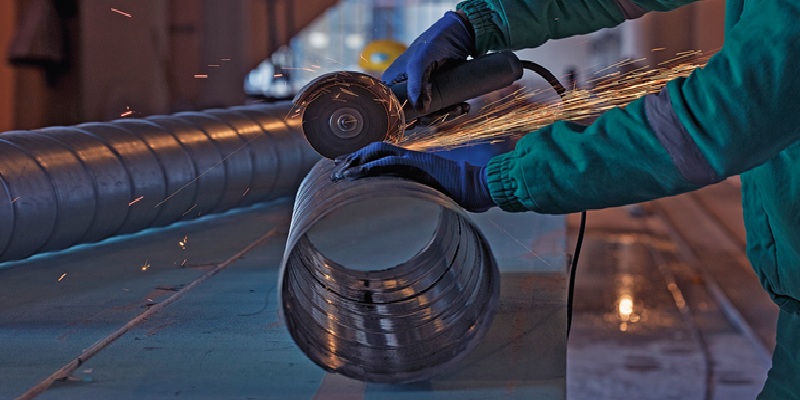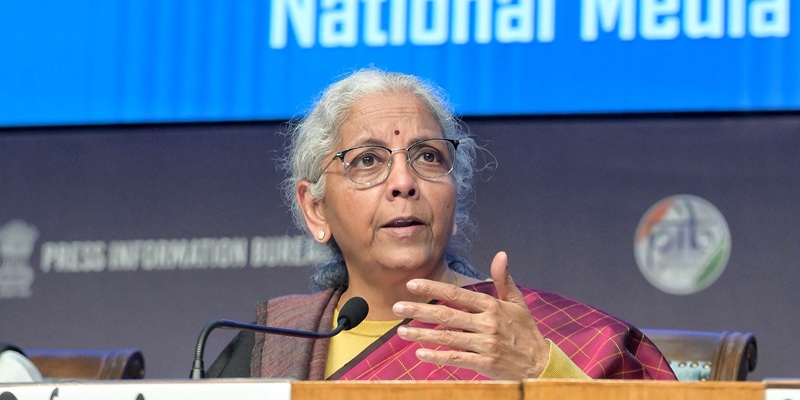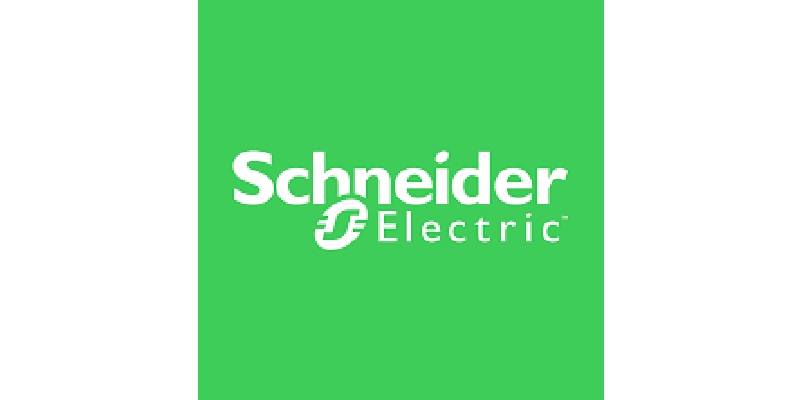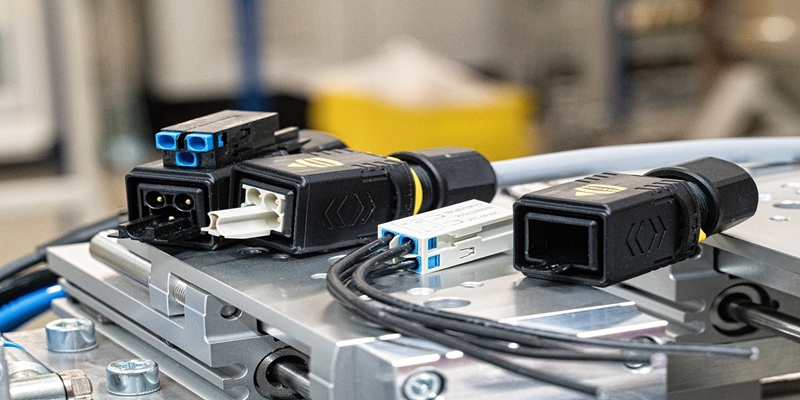Schedule a Call Back
Welcome to IIEF 2021: The industry extravaganza
 Industry News
Industry News- Jan 12,21

From January 1, 2021, nearly every major automobile company in India has announced a price hike due to an increase in various input costs. Prices of steel - one of the major inputs - have been rising for the past few months. The monthly Wholesale Price Index (WPI) data, which has more than 30 items related to steel, clearly shows continuous price rise starting from August 2020. For example, hot rolled coil prices have increased 46 per cent to Rs 52,000 per tonne in November compared to Rs 37,400 per tonne in July 2020. Similarly, rebar TMT, the commonly used steel product in the construction sector, have touched Rs 50,000 a tonne.
The WPI for November 2020 shows that prices of manufacturing of basic metals have gone up by 4.03 per cent during August 2020 and November 2020, according to a Financial Express report. Along with rising steel production cost, increase in demand for Indian steel is another reason for the hike in steel prices. The revival of the steel industry has been remarkable with demand clawing back to the pre-Covid levels within 6 months of the Covid 19 pandemic outbreak. India's overall iron and steel exports to China in the first five months of 2020-21 were more than three times the amount for the entire fiscal year 2019-20, despite the growing border tensions.
While firming steel prices are expected to benefit Indian steel companies, downstream industries (companies using steel as raw materials) like automotive, construction, etc will be impacted the most with demand for their products still muted as the economy enters the recovery zone.
The sharp increase in steel prices has affected auto OEMs’ cost competitiveness and the vendors who are largely SMEs. In places like Pune and Pimpri-Chinchwad (a hub for automotive and auto component manufacturing), manufacturers have to scale down their operations (due to rising inputs cost) though their order book is full at present.
The increase in steel prices is severely hampering the growth of Indian forging industry, which caters to sectors like automotive, solar, aerospace, railways and wind power. Steel is the basic raw material for the forging industry and typically constitutes 60-65 per cent of the ex-factory value of forgings.
With their cost calculations going haywire, user industries have raised the issue with the concerned ministries. As relief measures, the user industries want the government to slash the existing import duties on key raw materials and to discourage exports of steel and iron ore. They hope for some respite in the budget 2021-22.
This topic, along with a host of other industry-relevant issues, will be deliberated by industry stalwarts during the Panel Discussions of IPF Industrial Excellence Forum 2021 (IIEF 2021) on January 15. We would like to invite all the stakeholders to participate in IIEF 2021 as we reward the winners of the 5th IPF Industrial Excellence Awards.
We would also like to wish our readers a healthy and successful 2021.
- Pratap Padode, Editor-in-Chief, Industrial Products Finder & IPFonline.com
Related Stories

Tech-Enabled Intra-City Logistics Boost MSME Efficiency
A C-DEP–IIT Delhi study shows how technology-enabled intra-city logistics is cutting costs, improving delivery reliability and expanding market reach for MSMEs, while flagging key GST and policy r..
Read more
Resilience in Metal: Forging the Make in India Future in a VUCA World
The article examines how India’s stainless steel sector can turn global volatility, CBAM and supply risks into strategic advantages through sustainability, quality enforcement and digital transfor..
Read more
Budget 2026 sharpens focus on manufacturing scale-up across strategic sectors
Union Budget 2026–27 advances manufacturing-led growth with sectoral schemes, higher outlays and supply-chain reforms.
Read moreRelated Products

Automotive Oil Pump
Kalpak Auto Pvt Ltd offers a wide range of
automotive oil pump.
Tata Motors unveils facilities for development of Hydrogen propulsion tech
Tata Motors, India?s largest automobile company, unveiled two state-of-the-art & new-age R&D facilities for meeting its mission of offering sustainable mobility solutions. The unveilings constitute of Read more
Tata Motors plans petrol powertrain for Harrier and Safari SUVs
Tata Motors is in the process of developing a new petrol powertrain for its premium sports utility vehicles, the Harrier and Safari, as confirmed by a senior company official. Currently, these models Read more














